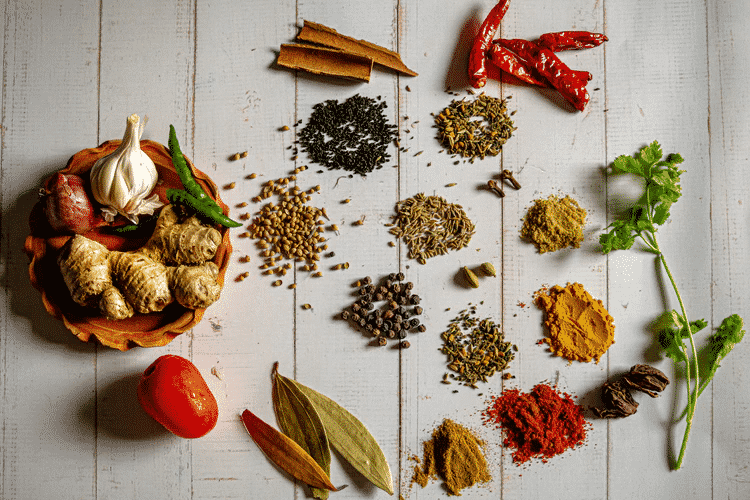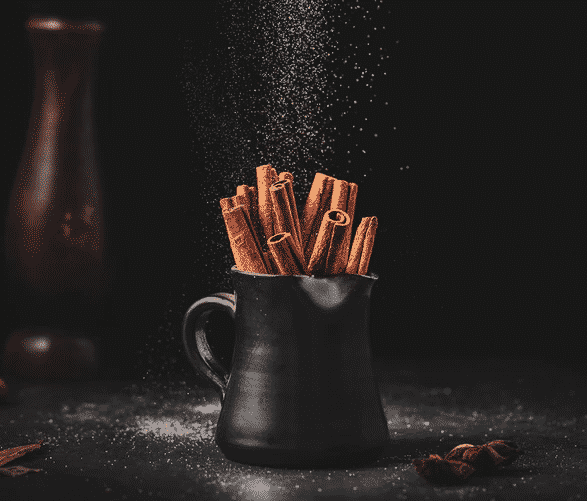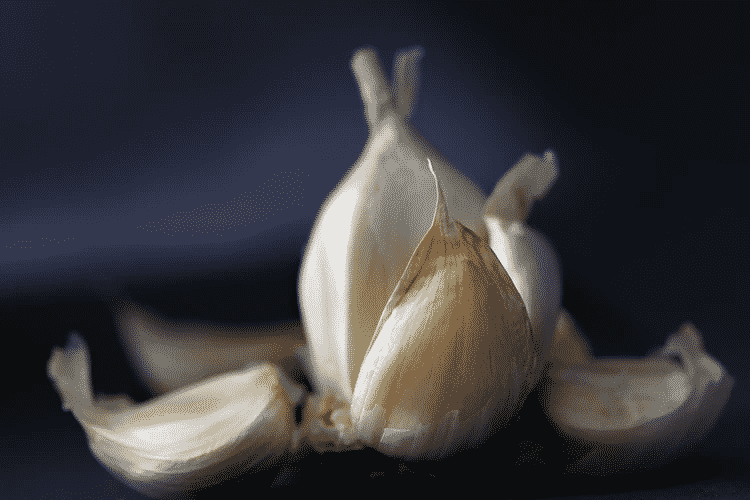In the United States, heart disease is the leading cause of death. This may be intimidating, but by taking measures toward better heart health, you can empower yourself. Eating a balanced diet and getting adequate exercise are two ways to keep your heart in good shape. Even if you already have heart disease, dietary and lifestyle adjustments can help you slow or stop the condition’s progression.
Some people use natural therapies to maintain their hearts in good shape. For example, spices and herbs have been utilized to treat various ailments for thousands of years by various cultures. Try seasoning your food with these delectable herbs and spices to improve your heart health.
What exactly is the distinction between herbs and spices?
Herbs and spices have a lot in common because they’re both made from plants. Herbs, on the other hand, are usually made from the fresh parts of a plant. Spices are often derived from the dried, root portion of plants. Spices and herbs can be used to enhance the flavor of foods while also providing health advantages.

1. Kratom for heart health
Some people take kratom to treat pain or overcome opioid addiction precisely because it interacts with the brain’s opioid receptors. Because medical organizations are increasingly trying to avoid prescribing opioids for pain, many people who formerly relied on them can no longer do so. As a last resort, some individuals turn to kratom, an appealing substitute since it has comparable pain-relieving properties.
People prefer to believe that kratom is safe since it is “natural,” which is wrong. It’s also legal and widely available in many states, with no negative connotations associated with narcotics.
Indonesia is the world’s seventh-largest country by land and sea area. It has a large number of islands. Many herbs thrive in such a vast region. Mitragyna Speciosa, also known as kratom, is one of these plants. Indonesia produces a large amount of kratom. It is highly significant to many of their ethnic groups.
Indo kratom’s appeal stems from its high alkaloid content. The soil in which red indo bulk kratom thrives is acidic and mineral-rich. This type of soil is ideal for growing kratom. Indo kratom is named for the country from where it originates. Another thing you can deduct from the name is the kratom’s quality.

Kratom is produced from the leaves of a Southeast Asian tree and is available in both leaf and powder form. Mitragyna speciosa, often known as Mitragyna, is a medicine that has grown in popularity over the last decade.
Many people believe it can assist with the negative symptoms of opiate withdrawal, but studies have shown that it can become addictive if used frequently. In addition, the effects of kratom vary depending on the dosage. Thus how someone reacts to it may be unexpected and sometimes hazardous.
Kratom isn’t harmful to your heart in and of itself. However, if you take it in greater amounts or combine it with another substance, it may raise your heart rate. Also, if you already have a cardiac issue, you should probably avoid taking kratom or, at the very least, consult your doctor about how to use it or whether you should use it at all.
2. Cinnamon
Cinnamon is a delightful spice that compliments a variety of breakfast and dessert dishes. In addition, it’s extremely popular during winter vacations because of its pleasant aroma.
Cinnamon has been utilized for thousands of years and is prized for its medicinal benefits. Its capacity to decrease harmful cholesterol levels is one among these qualities. It may also help to reduce blood pressure. According to studies, adding cinnamon to your food daily can help lower your risk of heart disease.

3. CBD helps keep your heart healthy
One of the key cannabinoids contained in the cannabis plant is cannabidiol (CBD). Unfortunately, CBD is non-psychoactive, which means it won’t get you high like the well-known cannabinoid tetrahydrocannabinol (THC).
Cannabinoids alter your endocannabinoid system, which works to maintain homeostasis in the body. CBD may help your endocannabinoid system do its job as a body regulator when your body is out of whack due to inflammation or sickness.
CBD has recently gained a lot of attention, with oils, salves, candies, and lotions containing the substance. It’s been marketed as a drug that can help with anxiety, chronic pain, and even heart disease.
Hypertensive heart disease is most commonly caused by high blood pressure. Stress can cause your blood pressure to rise, but according to some studies, CBD can help to reduce that surge.
For example, in a 2009 research, rats were treated to a stressful scenario that increased their blood pressure and heart rate. However, both their blood pressure and pulse rate were reduced after taking CBD.
After stress was applied to healthy human subjects in a 2017 study, they were given effective CBD hemp capsules to help them cope with it.
Comparatively to individuals given a placebo, CBD reduced their blood pressure. Also known as cannabidiol (CBD), this compound may help reduce blood pressure and heart rate while under stress.

4. Garlic
Garlic has a strong odor, yet it can elevate the flavor of your dishes. It also improves your cardiovascular health. In addition, this pantry staple can assist with a range of ailments, including the common cold, infections, and high blood pressure.
Fresh garlic has been shown to improve blood pressure, lessen bad cholesterol, and minimize swelling. In addition, garlic may help you avoid a heart attack or stroke by doing so.

Conclusion
This herb may help lower bad cholesterol and blood pressure, which are two risk factors for heart disease. Natural herbs can help lower blood pressure by acting as a diuretic, a substance that flushes excess fluids and sodium from the body. You must take these herbs on a daily basis and enjoy a healthy life to your heart.
